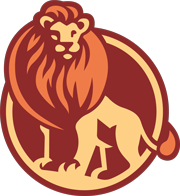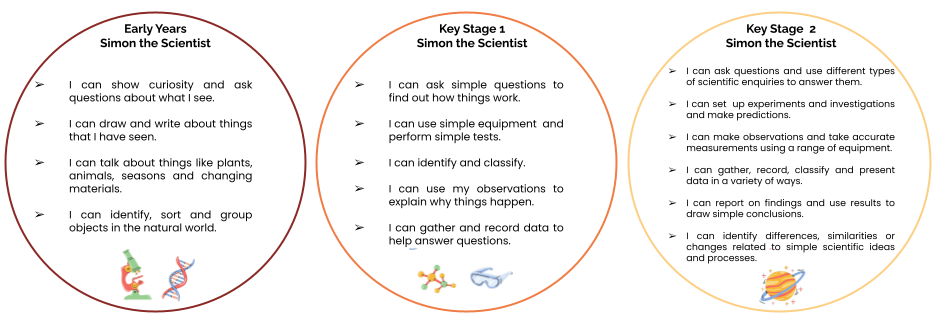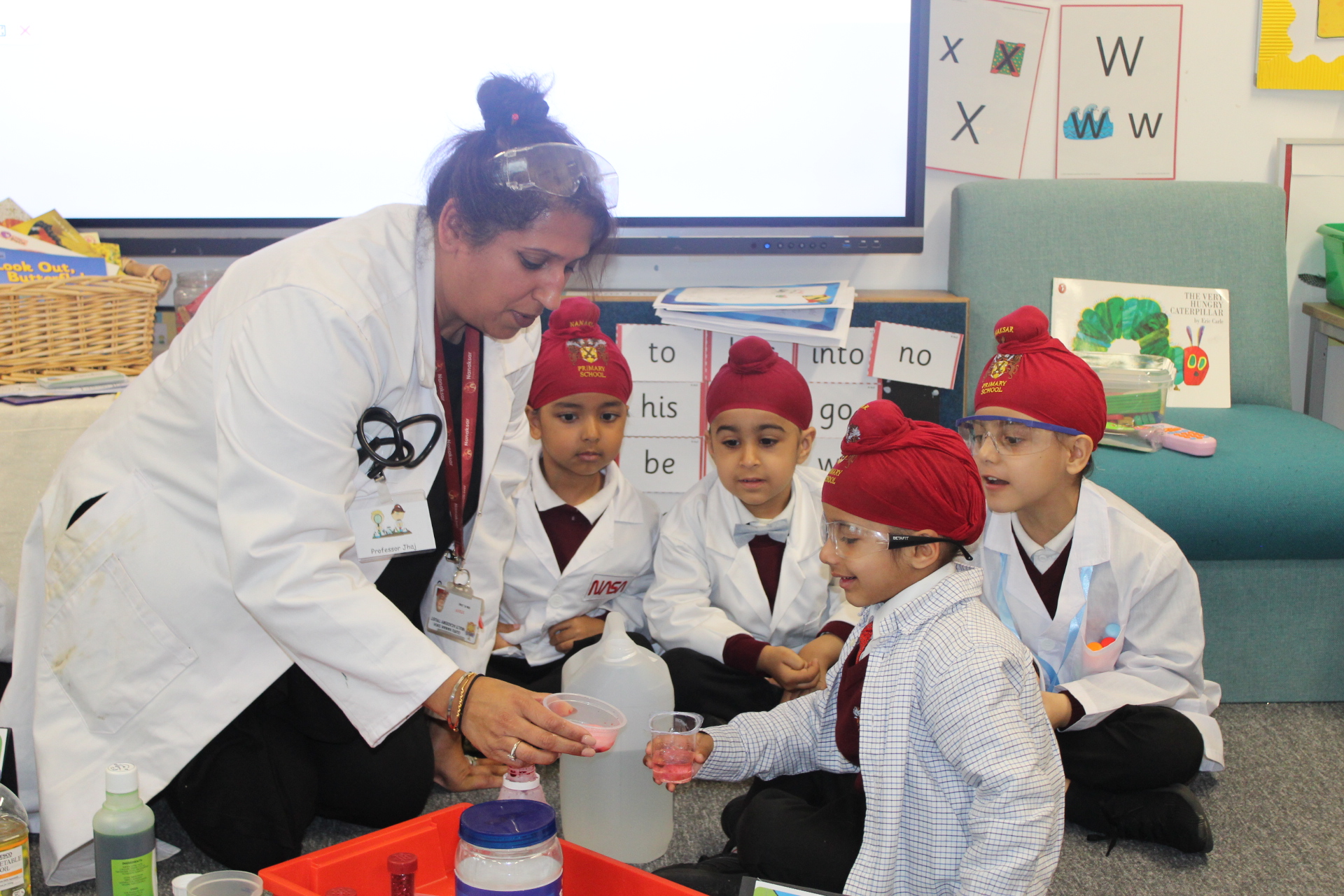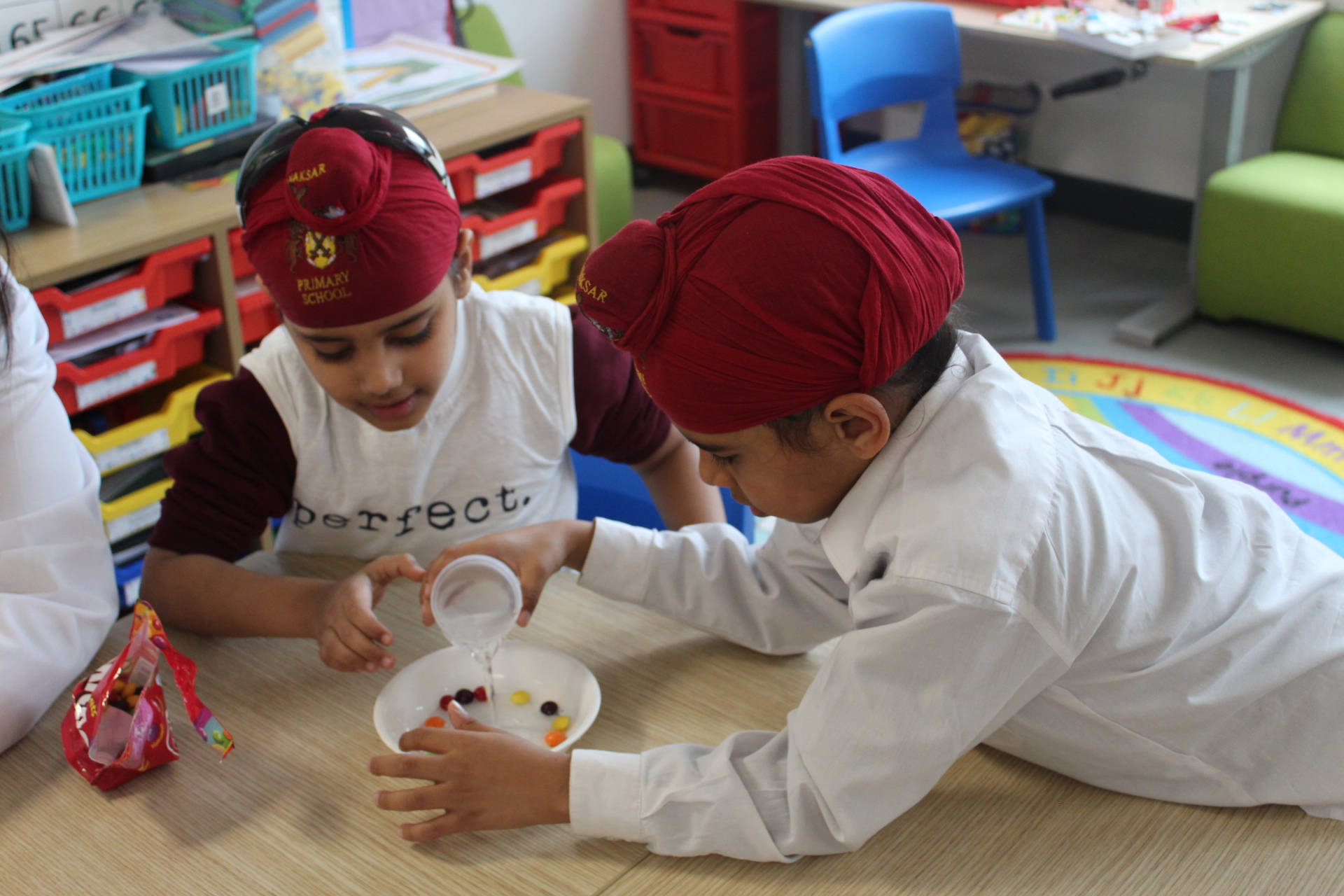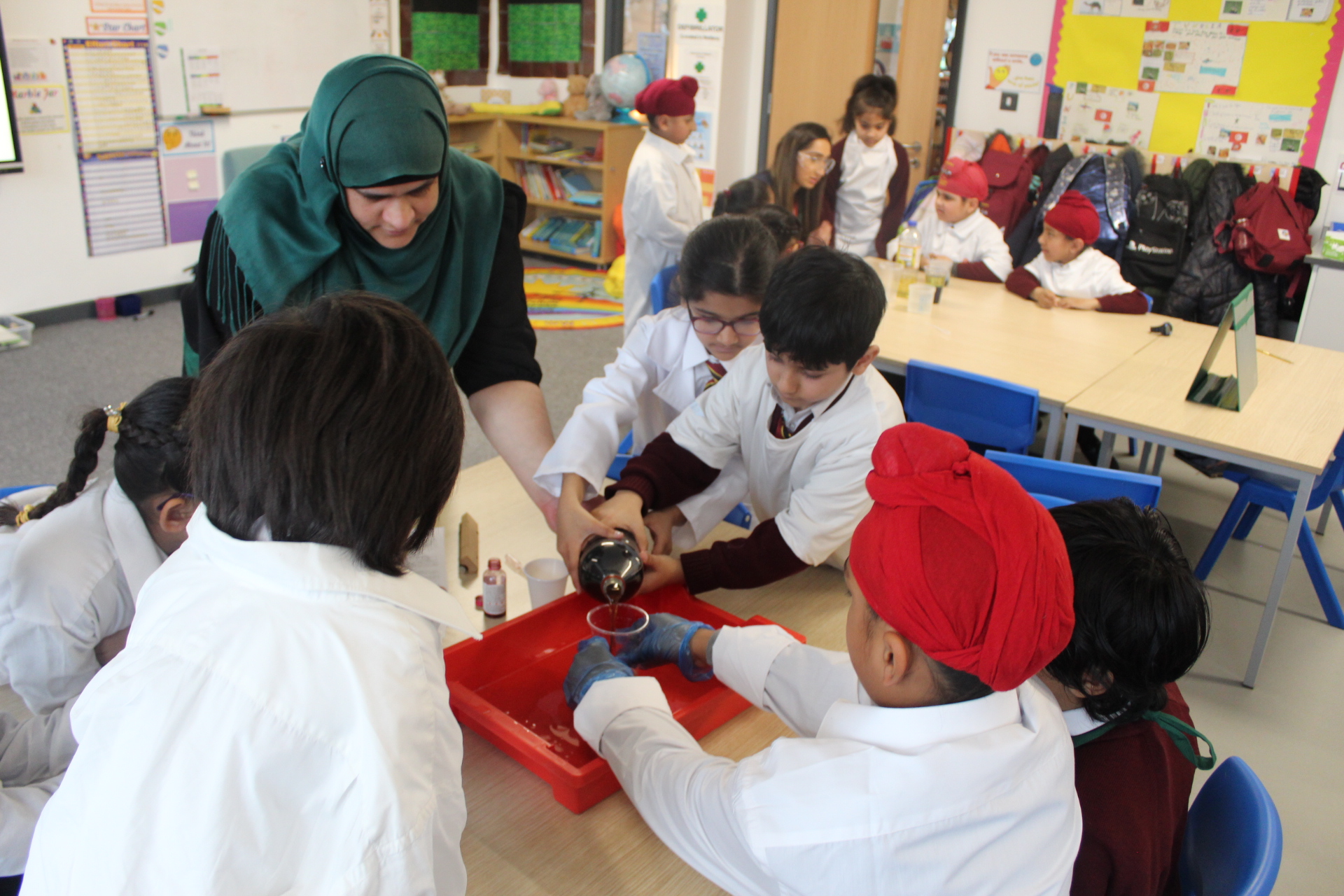Science
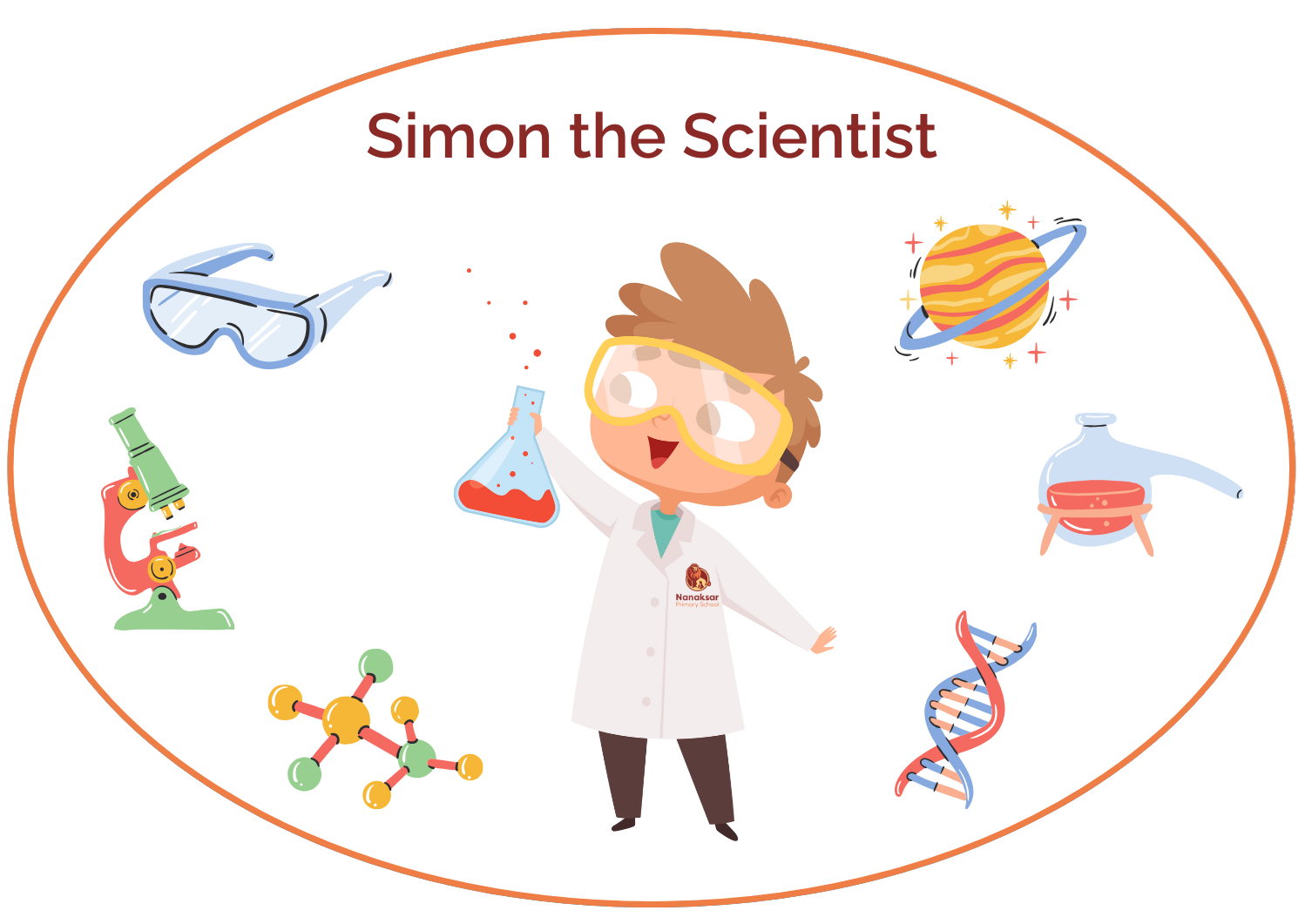
At NPS our pupils understand the core skills they need to learn in Science with the use of the school curriculum character – Simon the Scientist. This character is regularly used to encourage pupils to reflect on the key skills, attitudes and knowledge needed when learning across the Science curriculum.
We are in school to Acquire the knowledge and skills that will allow us to Achieve our aims and go on to what we Aspire to do.
Our aspiration for every learner (intent):
At Nanaksar Primary School we aim to provide a high quality science curriculum that provides pupils with the foundations they need to recognise the importance of Science in every aspect of daily life.
Throughout the primary journey, we aim to inspire and foster our pupils’ natural curiosity and interest in the world around them through nurturing their enquiring minds and developing their scientific approach to problem-solving. Our curriculum has a focus on developing and extending pupils’ scientific skills through a wide range of interactive, child-led and cross-curricular investigations which are both purposeful and engaging.
Our curriculum will enable pupils to become enquiry based learners collaborating through researching, investigating and evaluating experiences. It will encourage respect for living organisms and for the physical environment. Pupils will learn, practise and refine the skills of planning enquiries, creating fair tests and using results to form conclusions. Their understanding will follow a clear progression between year groups building on learning from previous year groups, revisiting ideas and addressing any misconceptions. This will help them to have a deeper understanding of the subjects covered as well as improving their long term memory.
In the EYFS, science is a key part of the specific area ‘Understanding of the World’ and provides important contexts for learning. It is also integral to the development of the unique child and provides effective learning opportunities for ‘creating and thinking critically’ and ‘active learning’. Alongside specific scientific knowledge and vocabulary, pupils develop the concept of ‘working scientifically’ appropriate to their developmental stage.
Teachers will ensure that all pupils are exposed to high quality teaching and learning experiences. These will hook the pupils’ interest, enabling them to develop a sense of excitement and curiosity about natural phenomena. They will be encouraged to ask questions about the world around them and work scientifically to further their conceptual understanding and scientific knowledge.
How we support pupils to acquire this learning (implementation):
Our science teaching is underpinned by our vision and principles below:
- Reflective learning and questioning opportunities for all pupils building on their prior knowledge and providing cross-curricular links
- An environment that encourages pupils to pose their own questions and suggest their own way of investigating their hypotheses to develop their ideas and independence
- Key vocabulary and scientific pedagogical methods are used in order to challenge pupils and broaden their understanding
- Nurturing and applying pupils’ science learning to real-life experiences, making science meaningful and building the ‘Science Cultural Capital’
- Hands-on, practical experiences of working in a range of scientific methods to explore, inspire and foster pupils’ natural curiosity
- A creative, inclusive and stimulating science curriculum, enabling pupils to secure and extend their scientific knowledge and vocabulary
- Memorable, exciting and collaborative learning experiences that carry on beyond the classroom
The planning and progression mapping of Science lessons will reflect what content, knowledge and skills are critical for pupils to progress through the curriculum in each year group, from Reception to Year 6. Working scientifically processes and methods are embedded in all lessons with subject specific vocabulary and key concepts identified through knowledge organisers and displays, and revisited throughout the year. Providing equal opportunities for all the pupils is at the heart of teaching practice at NPS, ensuring the curriculum is accessible for all learners.
Enrichment events such as Science Week, STEM activities and workshops, all provide the opportunity for broader cross curricular provision, promoting a sense of awe and wonder as well as an enjoyment for learning through the further application of scientific knowledge and skills. Science will be promoted through both indoor and outdoor learning, including access to our greenhouse area, the local Minet Park and MAT facilities including the use of science laboratories and equipment in the secondary school.
How we measure achievements (impact):
Our successful approach to the teaching of science at NPS will result in an engaging and high quality science curriculum that provides pupils with the foundations for understanding the world that they can take with them once they complete their primary education. By the end of Key Stage 2, all pupils will have developed scientific enquiry skills in the five key areas: observing changes over time, noticing patterns, grouping and classifying things, finding things out through secondary sources of information and modelling.
We want pupils to be immersed in Science to reinforce the skills that they have previously learned, but then want to build on them by challenging their thinking further. Through enrichment opportunities such as workshops, trips and extracurricular activities, pupils develop the understanding that science has changed our lives and that it is vital to the world’s future prosperity and nurturing their science cultural capital.
Assessments will include end of topic activities and quizzes and a tracking tool will be used at the end of each topic to allow for misconceptions and gaps to be addressed to secure scientific foundations.
Pupils at NPS will:
- demonstrate a love of science work and an interest in further study and work in this field
- retain knowledge that is pertinent to Science within a real life context
- be able to question ideas and reflect on knowledge
- be able to articulate their understanding of scientific concepts and be able to reason scientifically using rich language and vocabulary linked to science
- demonstrate a high love of mathematical skills through their work, organising, recording and interpreting results
- work collaboratively and practically to investigate and experiment
